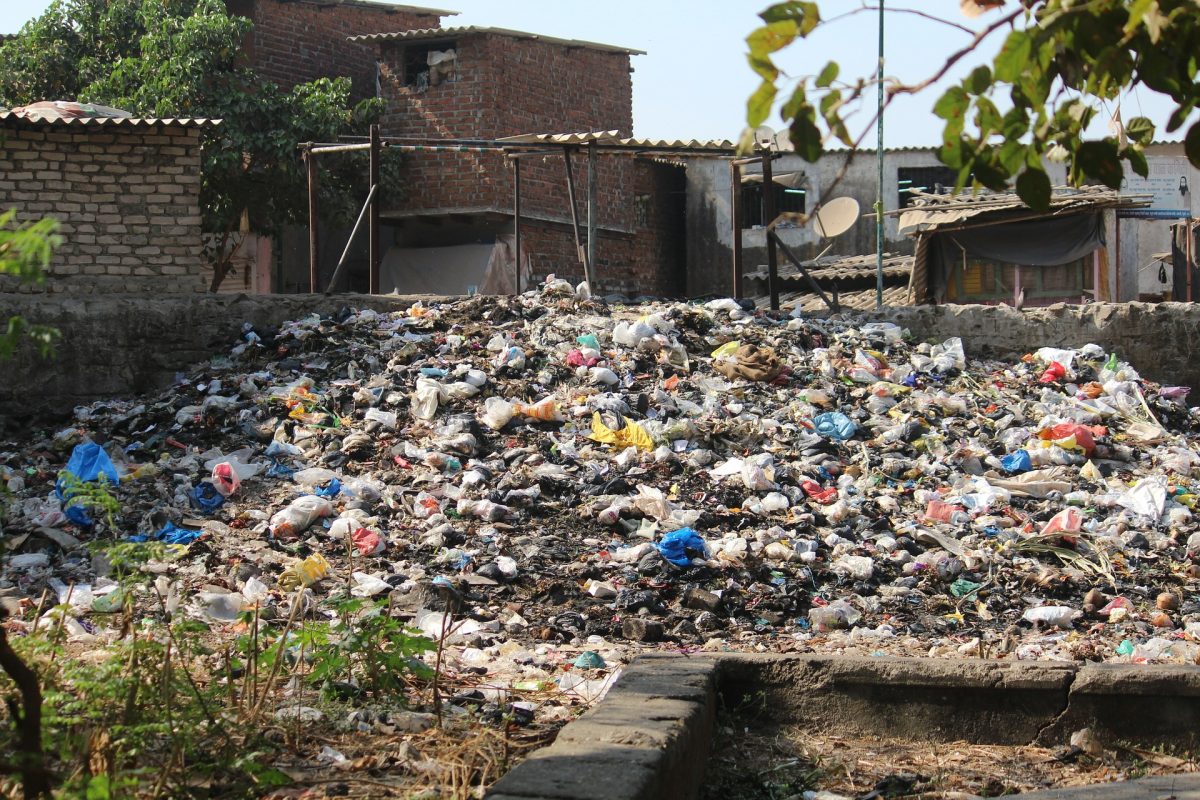Governments New Crackdown On Fly-Tipping
Fly-tipping continues to be a blight across the country, and since the onset of COVID-19 the problem has become a lot worse. In the period 2020-21, during the peak of the pandemic, cases of illegal fly-tipping rose by about 16%, with local authorities across the country handling an estimated 1.13 million incidents.

Although the government moved to ban backdoor charges for household waste at local recycling centres in 2015, many local authorities have been continuing to charge for some kinds of DIY waste, including plasterboard, bricks and bath units. This is despite guidance in the 2015 legislation specifying that such waste should be freely disposable by households.
The charges, which should apply to construction waste rather than domestic DIY waste, equate to up to £10 per item.
Those charges, together with requirements for booking when visiting many recycling centres that were introduced during the pandemic, have led to a lot of people taking what looks like the easy or cheap option, and dumping their rubbish on other people’s land instead of disposing of it properly.
Minister says enough is enough
Now the Department for Environment, Food & Rural Affairs has published proposals that would remove the loophole that allows councils to charge for DIY waste, with one hoped-for result being that fly-tipping will become a less tempting option.
In announcing the new plans, Environment Minister Jo Churchill said: “When it comes to fly-tipping, enough is enough. These appalling incidents cost us £392m a year and it is time to put a stop to them. I want to make sure that recycling and the correct disposal of rubbish is free, accessible and easy for householders. No one should be tempted to fly-tip or turn to waste criminals and rogue operators.”
Alongside the new rules on charges at recycling centres, the government is also planning on providing grants to 10 councils to go towards preventative measures designed to discourage those tempted to break the law.
One of those councils, Buckinghamshire, is planning on using its grant to adopt artificial intelligence solutions in its fight with the fly-tippers, including rapid deployment cameras and automatic number-plate recognition, to alert officials to items at fly-tipping hotspots in real time and link them to the car or van that dumped them. Durham, meanwhile, is planning on running education programmes for convicted fly-tippers to change long-term behaviour, similar to the speed awareness courses some drivers attend after a speeding conviction.
The new measures follow on from January’s announcement of digital waste tracking, which will mean that anyone handling waste has to record information from production right through to whenever it is disposed of, recycled or reused.
Digital waste tracking will mean those handling waste will record information from the point waste is produced right through to the stage it is disposed of, recycled or reused. These measures will make it easier to detect illegal activity and tackle fly-tipping and other waste crimes.
Breaking the law by fly-tipping can put you at risk of substantial fines as well as ruining the environment for us all. Here at Neil Sullivan & Sons, we can help with all your waste management needs with our efficient, cost-effective and speedy grab-hire services.
Get in touch with us now to find out more.